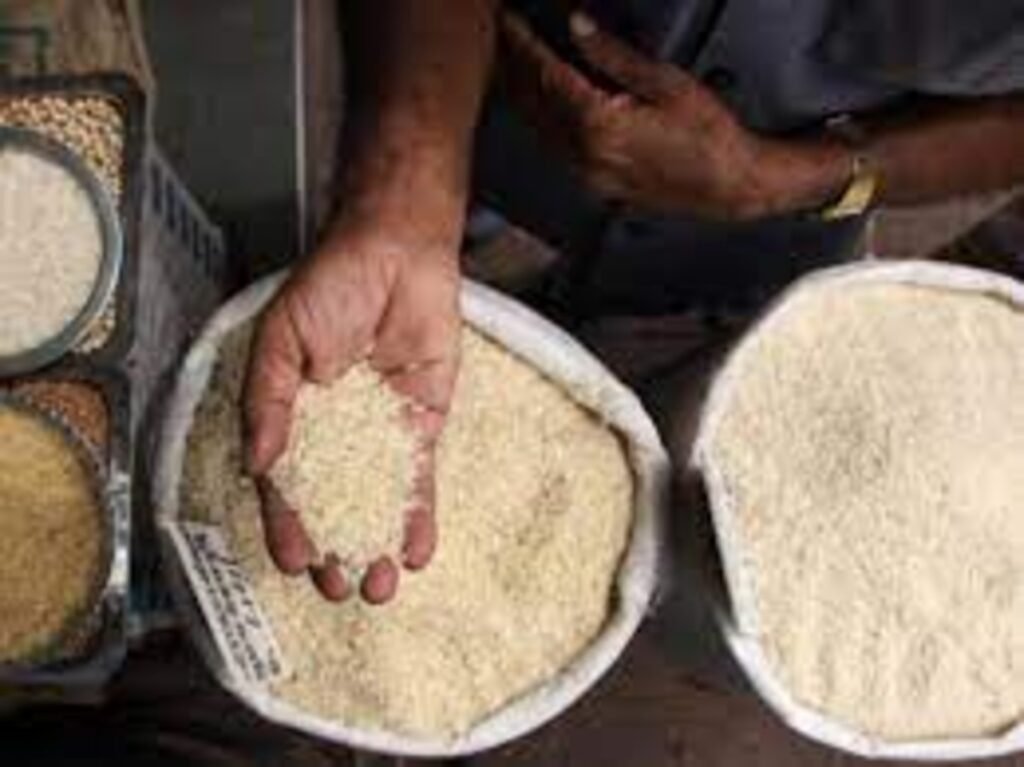August 26, 2023
Introduction
In a bid to address soaring rice prices and bolster domestic inventory, India has introduced a 20% export duty on parboiled rice, according to a notification from the finance ministry released on Friday. This move follows earlier restrictions on the export of non-basmati white rice and broken rice, which were put in place in response to escalating rice prices.

The primary objective of this export duty is to slow down or delay rice shipments, thereby supporting the domestic market. By mid-October, the government aims to gauge the expected rice production, allowing for better management of the situation.
Reports about the possibility of a 20% duty on non-basmati parboiled rice had surfaced earlier in August, highlighting the government’s intention to stabilize prices and enhance domestic inventory. Persistent inflationary pressures had been exacerbated by rising costs, prompting this intervention.
The prices of rice have been a growing concern within India despite the government’s previous export restrictions. Notably, the cost of parboiled rice rose by 19% domestically since April and by 26% in the international market. The quantity and value of exported rice surged by 21% and over 35%, respectively.
Unsurity about the effect on Price
Experts in the field remain divided on the immediate impact of this decision. While some anticipate a short-term correction due to negative sentiments among market millers, others believe that the effect on prices will be minimal. This sentiment is driven by the depleting stock of paddy and the ongoing monsoon deficit.
As of now, the average retail price of all-India parboiled rice hovers around ₹37-38 per kilogram, with basmati rice priced at ₹92-93 per kilogram. On the export front, the free-on-board (FoB) price for parboiled rice is estimated at approximately $500 per tonne, while basmati varieties command a price of $1,000 per tonne. India currently holds a 25-30% share of the global parboiled rice trade.
Rice Inflation the Major Reason
Rice-related inflation in India has surged, with rates escalating from 4.3% in July 2022 to a significant 12.96% in July 2023. This has had repercussions beyond India’s borders, especially in economically disadvantaged nations that rely on Indian white rice and broken rice for sustenance. Countries like Bangladesh, Nepal, Benin, Senegal, Togo, and Mali have been adversely affected by the export restrictions.
The ban on rice exports by India has led to a notable increase in global rice prices, witnessing a rise of 15-25%. Consequently, countries in West Africa have been forced to turn to Indian parboiled rice to meet their domestic consumption needs. This shift is a direct result of higher price quotes from India’s rice-exporting competitors, such as Thailand, Vietnam, and Pakistan.
In the current fiscal year, India has experienced a significant uptick in its parboiled rice exports, with approximately 3.1 million metric tons exported compared to 2.58 million metric tons during the same period in the previous fiscal year, as per government data.
In conclusion,
India’s decision to impose a 20% export duty on parboiled rice marks a strategic effort to stabilise domestic prices and reinforce inventory. This move comes in response to the ongoing challenges posed by rising inflation and export-related dynamics. While its impact on market prices remains to be fully seen, the decision undoubtedly reflects the government’s commitment to ensuring food security and stability within the nation.




